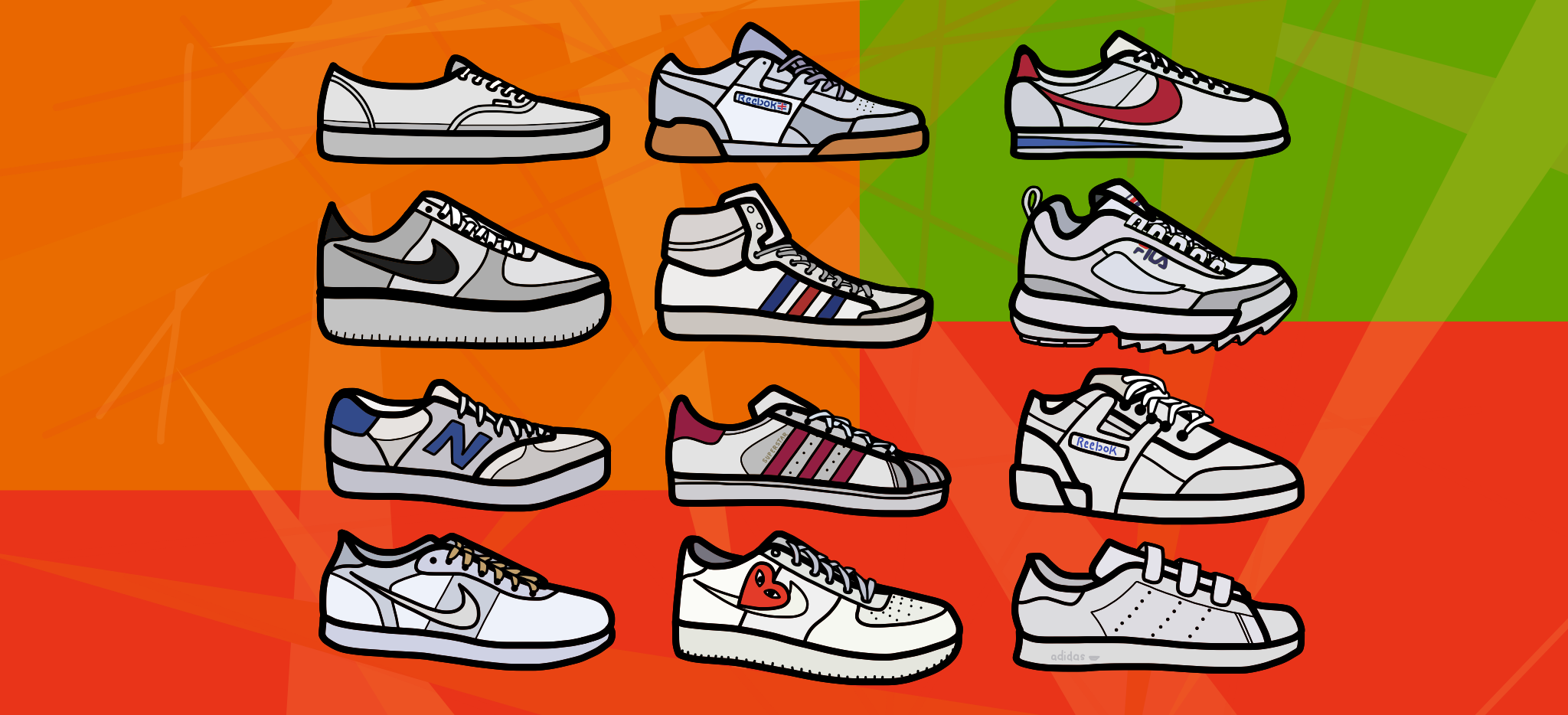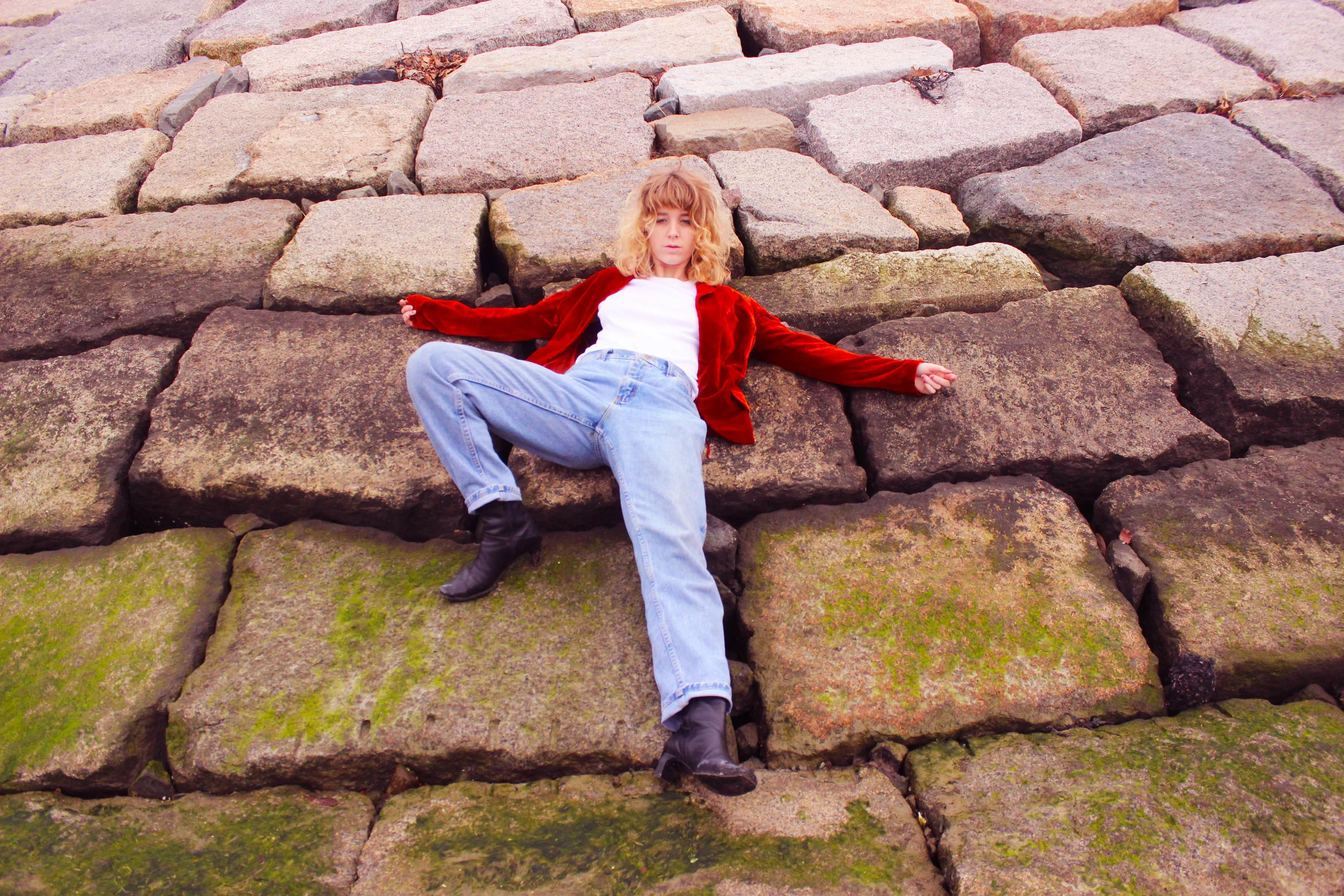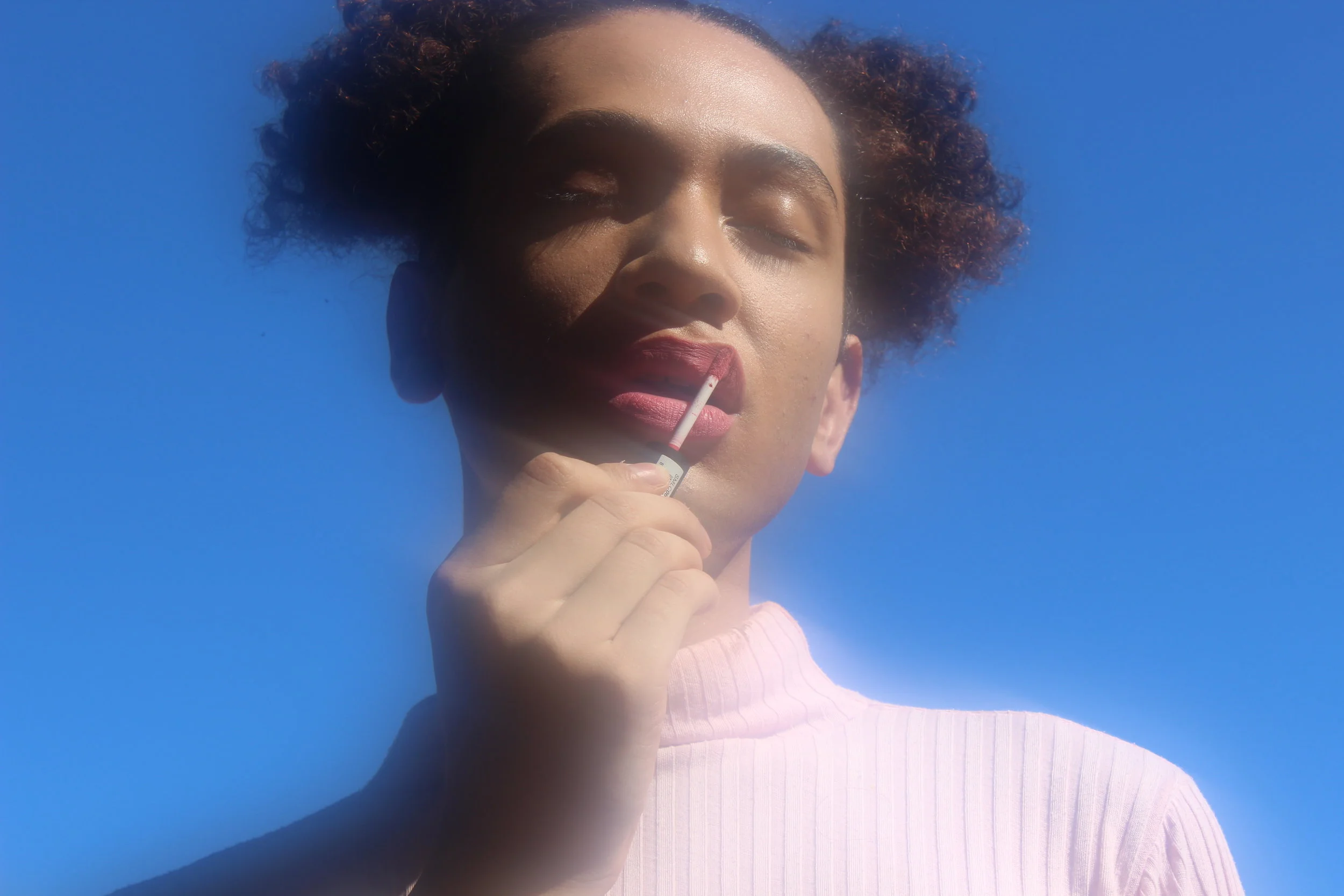Now your beauty can be just as organic, cruelty-free, and full of life as you are.
Skin Is In
If you follow me on social media, you know how much I talk about acne. Whether I’m weighing the pros and cons of selling my soul to Accutane, exchanging skin care tips with friends, or complaining about how my classmates’ dumb questions were “literally causing me to break out,” I have acne on the brain almost always. Like many people my age, I have spent nearly every morning since I was 13 staring at my reflection in the mirror and devising my newest plans to infiltrate enemy pores with harsh chemicals and drugstore soaps. However, in recent months, I have developed a much kinder, gentler approach to developing the healthy, glowing skin I’ve envisioned for years. The first step to adopting this approach was realizing that healthy skin and acne are not mutually exclusive.
When I first read “skin is in,” one of makeup/skincare line, Glossier’s, slogans, I felt my skin crawl off my body and slink away to the nearest Burger King, where it rightfully belongs. I was perfectly content with the contouring makeup trends that encouraged me to apply nearly obscene amounts of makeup in the name of fashion. Thousands of makeup tutorials taught me how to transform my face from Cabbage Patch Kid to Bratz Doll in 57 easy steps. I knew that makeup trend was a bubble doomed to burst; not only does it take approximately 1232 minutes and the dexterity of a child prodigy from the Renaissance to successfully apply, but it is also just unhealthy to stifle your skin with that amount of makeup.
Makeup/skincare brands such as Glossier and Milk are redefining makeup, emphasizing healthy skin over makeup. Their trademark looks are heavily highlighted, dewy, glowing skin, using minimal makeup and a precise skincare regimen to achieve angelic-looking skin. Though I do not own Glossier or Milk products (primarily because they don’t accept Board Bucks), their philosophies have permeated the makeup/skincare market. Brands including Lush, Sephora, and NYX have products similar to the ones revolutionized by Glossier and Milk, such as skin tints in place of powder foundation, highlighting sticks, and face glosses.
Though this emphasis on clear skin and minimal makeup initially made me break out in stress acne, I have come to appreciate the sentiment and my own skin more than I have in years. I also feel less inclined to cloak my skin in mysterious powders and instead let my skin breathe a sigh of relief. Now, when I am getting ready for bed at night, I treat my skin to some tea tree oil and natural moisturizer from CVS while my suitemate Emily plays the soothing Lana del Rey songs (not the ones about cocaine and joining a cult). My skin is certainly not perfect, but it is significantly less irritated than it was when I was at constant battle with it. I have actually come to embrace it.
I think it is time acne hires a new marketing team and rebrands itself. In recent years, other skin imperfections, such as freckles, have become fixtures in the beauty industry. Instead of being seen as physical reminders of all the times you didn’t listen to your mom when she told you to pack sunscreen, freckles have become an almost desirable facial feature. There are covergirls with hundreds of freckles speckling their noses. There are even songs that celebrate freckles. Though I don’t necessarily think Natasha Bedingfield needs to release a song about acne on her comeback album, I do think that acne would serve a subversive role in the fashion industry. Last spring, Malaysian fashion designer, Moto Guo, made headlines at Milan’s Fashion Week when he sent his models down the runway covered in artificial, exaggerated acne. When I broke out the next day, I claimed it was purely for aesthetic purposes.
Currently, my skin is my spoiled, yet rebellious, tween daughter who gets anything she needs from me in the form of serums and attention, yet constantly defies me in front of the cashier at our local Hollister. We may not have a Gilmore Girls-esque relationship yet, but I no longer want to commit filicide. According to the wikihow page on “How to be a Good Parent” that I read more than any childless 18-year-old should read, you must “love your children unconditionally; don't force them to be who you think they should be in order to earn your love.” Even though my spoiled tween defies me at Hollister, I’ll still pick her up at a sleepover party in the middle of the night when she gets homesick. Acne and all.
Text by Maggie McNulty
Photos by Noah Chiet











